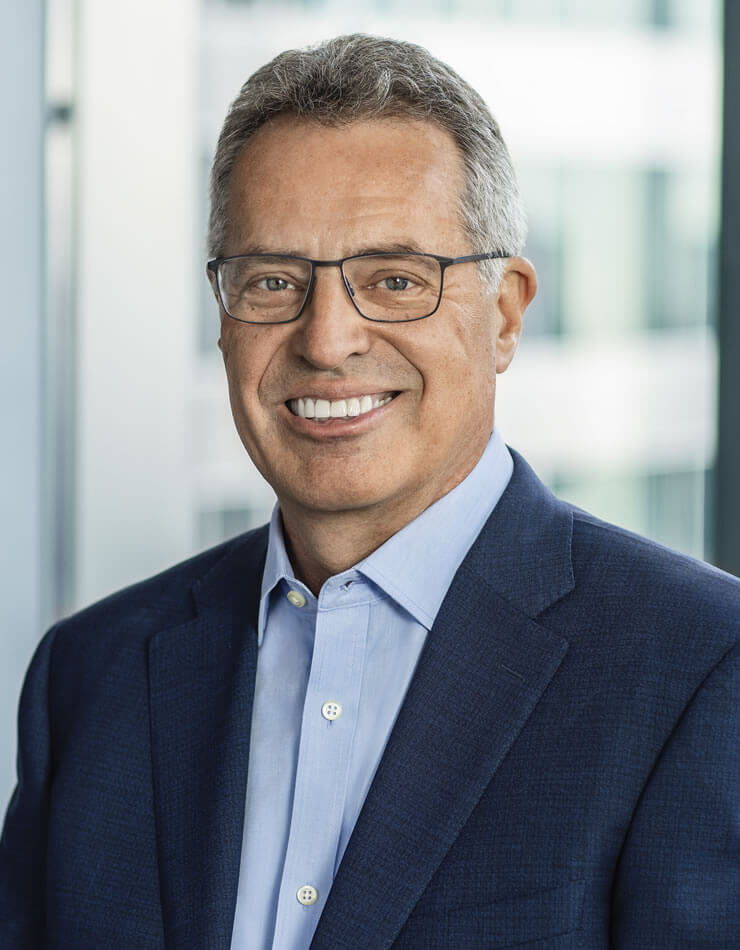Oakmark Global Select Fund - Investor Class
Average Annual Total Returns 12/31/15
Since Inception 10/02/06 7.80%
10-year N/A
5-year 10.28%
1-year 1.85%
3-month 7.42%
Gross Expense Ratio as of 9/30/15 was 1.13%
Past performance is no guarantee of future results. The performance data quoted represents past performance. Current performance may be lower or higher than the performance data quoted. The investment return and principal value vary so that an investor’s shares when redeemed may be worth more or less than the original cost. To obtain the most recent month-end performance data, view it here.
The Oakmark Global Select Fund returned 7% for the quarter ended December 31, 2015, outperforming the MSCI World Index’s 6% return. For the calendar year, the Fund returned 2%, outperforming the MSCI World Index, which lost 0.9%. The Fund has returned an average of 8% per year since its inception in October 2006, outperforming the MSCI World Index’s annualized gain of 4% over the same period.
Amazon (U.S.), one of the largest online companies in the world, was the largest contributor to Fund performance for the year, returning over 100% during our holding period. We sold our shares of Amazon in early November as it reached our estimate of intrinsic value.
Alphabet (formerly Google) (U.S.), the leading Internet search engine, was the top contributor for the quarter, returning 25%. Alphabet’s share price reacted positively to third-quarter results in which both earnings and revenues exceeded market expectations. Importantly, the company also reported accelerating constant currency revenue growth of 21%. This high quality growth was the product of gains across all important segments; the fastest growth occurred in Google Sites (Search, YouTube, Gmail, etc.), which provide the company’s most profitable revenue. Alphabet’s mobile division also grew substantially, which eased concerns that the shift to mobile computing would harm the company’s profitability. We believe that Alphabet will benefit from a very strong tailwind as advertising continues to move online.
Credit Suisse Group (Switzerland) was the largest detractor for the quarter, falling 7%. Credit Suisse Group’s net new money and profits from its wealth management and asset management divisions increased in the third quarter, indicating that its fundamental performance remains solid. However, its share price suffered during the quarter due to the convergence of the preceding stock price with the new rights offering price of CHF 18 per share. Its share price was also likely hurt by external factors, especially the Financial Stability Board (FSB)’s announcement of higher capital buffer recommendations for systemically important banks. The FSB is calling for increasing the capital buffer to 16% of a banking group’s equity and debt risk-weighted assets by 2019 and to 18% by January 2022. As we have stated previously, we believe that given adequate notice, Credit Suisse Group is well equipped to contend with future capital requirements.
The largest detractor for the year was Apache (U.S.), a global oil and gas exploration and production company, whose shares fell 28%. As with most oil and gas exploration and production companies, Apache’s share price has been adversely affected by persistently weak oil and natural gas prices. In this challenging environment, the company is focused on improving capital efficiency, both through the efficient development of U.S. shale assets and the low-cost growth of international assets. Firm-wide operating costs continue to fall, and capex has decreased by almost 60% this year. We believe Apache’s capital productivity is improving at a faster pace than its global peers, which helps its position on the cost curve. Apache has what we consider to be a healthy balance sheet, which should allow the company to endure a prolonged downturn, and we expect that an eventual commodity price recovery will highlight the growing value of Apache’s underappreciated asset base.
Geographically, 45% of the Fund’s holdings were invested in U.S.-domiciled companies as of December 31, while approximately 46% were allocated to equities in Europe, 4% in Japan and 5% in South Korea.
We continue to believe some currencies are overvalued versus the U.S. dollar. We maintained our defensive currency hedges and ended the quarter with approximately 21% of the Swiss franc hedged.
We would like to thank our shareholders for continuing to support us and our value investing philosophy. We wish you all a happy and prosperous new year!
The holdings mentioned above comprise the following percentages of the Oakmark Global Select Fund’s total net assets as of 12/31/15: Amazon.com, Inc. 0%, Alphabet Inc. 7.6%, Credit Suisse Group AG 5.1%, and Apache Corp. 4.1%. Portfolio holdings are subject to change without notice and are not intended as recommendations of individual stocks.
Click here to access the full list of holdings for The Oakmark Global Select Fund as of the most recent quarter-end.
The MSCI World Index (Net) is a free float-adjusted market capitalization weighted index that is designed to measure the global equity market performance of developed markets. This benchmark calculates reinvested dividends net of withholding taxes using Luxembourg tax rates. This index is unmanaged and investors cannot invest directly in this index.
Because the Oakmark Global Select Fund is non-diversified, the performance of each holding will have a greater impact on the Fund’s total return, and may make the Fund’s returns more volatile than a more diversified fund.
The percentages of hedge exposure for each foreign currency are calculated by dividing the market value of all same-currency forward contracts by the market value of the underlying equity exposure to that currency.
Investing in foreign securities presents risks that in some ways may be greater than U.S. investments. Those risks include: currency fluctuation; different regulation, accounting standards, trading practices and levels of available information; generally higher transaction costs; and political risks.
The discussion of the Fund’s investments and investment strategy (including current investment themes, the portfolio managers’ research and investment process, and portfolio characteristics) represents the Fund’s investments and the views of the portfolio managers and Harris Associates L.P., the Fund’s investment adviser, at the time of this letter, and are subject to change without notice.








